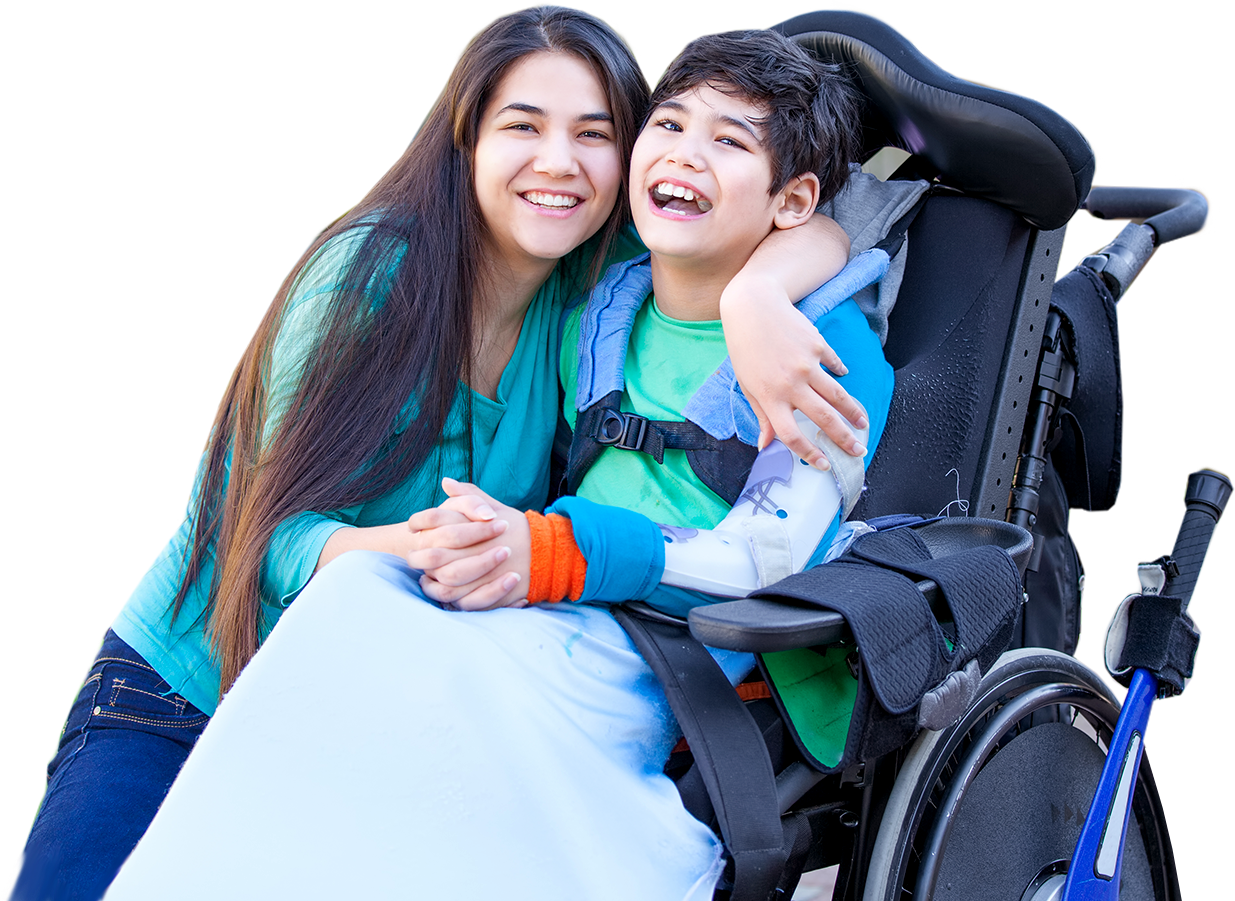Causes of Cerebral Palsy
facts about what causes CP

- Alternative
- Assistive Technology
- Associated Conditions
- Birth Injury
- Causes of Cerebral Palsy
- Cerebral Palsy Diagnosis
- Cerebral Palsy Information
- Cerebral Palsy Therapies
- Cerebral Palsy Treatments
- Child Development
- Doctor Visits
- Education
- Equipment
- Featured
- Legal Help
- Medical Research
- News
- Patient Care
- Prenatal Care and Childbirth
- Stories
- Tips for Parents
- Types of Cerebral Palsy
- Updates
Posts in 'Causes of Cerebral Palsy'
Premature Birth and Cerebral Palsy
Although it does not affect every child born too early, premature birth has a clear link to a cerebral palsy diagnosis in many cases. It is important to understand risk factors, as well as potential ways to prevent both. What Does Premature Birth Have to Do With Cerebral Palsy? A premature birth is generally defined... Read More
What Are the Effects of Brain Hypoxia in Newborns?
Hypoxia is what happens when a baby suffers insufficient oxygen before or during birth. The insufficiency can be due to lack of adequate oxygen in the blood delivered to the baby through the umbilical cord or due to interruption of the blood flow, either intermittently or totally. This type of brain damage from hypoxia is... Read More
What Are the Long-Term Effects on a Child Born with the Umbilical Cord Wrapped Around Their Neck?
Giving birth can be a miraculous, joyous experience, but it’s also a worrisome time when a lot can go wrong. When the umbilical cord gets wrapped around a baby’s neck—a circumstance known as “nuchal cord”—any prolonged asphyxia (oxygen deprivation) can result in cerebral palsy or other types of brain damage and intellectual or developmental delays.... Read More
What Are Some Conditions That Can Cause Cerebral Palsy?
Cerebral palsy (CP) is the most common form of childhood motor disability, affecting about 3.3 out of every 1,000 children, according to the Centers for Disease Control and Prevention (CDC). A variety of conditions and risk factors can cause cerebral palsy, and researchers learn more about what causes this neurological disorder every day. What Is... Read More
Umbilical Cord Problems in the Womb: What You Need to Know
The umbilical cord is a lifeline for a fetus as it develops in the womb. It connects the baby to its mother, housing blood vessels that provide the baby with oxygen and nutrients and dispose of waste. The development of the umbilical cord is an integral part of pregnancy, and the cord itself is monitored... Read More
The Problem With Delayed Cord Clamping During C-Sections
There are a variety of medical interventions and practices that are often involved in the labor and delivery process, such as epidurals and emergency cesarean sections. Another practice is delayed cord clamping. Many hospitals in the United States practice early clamping, where the baby’s umbilical cord is cut immediately. However, delayed cord clamping is becoming... Read More
Can Meningitis Cause Cerebral Palsy?
Meningitis is a severe condition that most often occurs as the result of a bacterial, fungal, or viral infection. This condition is often seen in preteens, teens, and young adults, but newborns and babies can also contract meningitis. When a baby has meningitis, they are at an increased risk of suffering from a permanent disability... Read More
What’s the Difference Between Cerebral Palsy and Traumatic Brain Injury?
Though cerebral palsy and traumatic brain injuries (TBI) have similar treatment plans and forms of rehabilitation, there are several differences between the two conditions. As the parent or loved one of a child with cerebral palsy, it’s important to understand how these conditions differ to ensure your child receives a proper treatment plan to suit... Read More
What Causes Cerebral Palsy?
Cerebral palsy is caused by abnormal development of the brain, which can occur during the early stages of a child’s life. Abnormal development can occur after sustaining brain damage through illness or injuries. Read on to discover the common causes of cerebral palsy. Damage to the Brain’s White Matter The brain’s white matter transmits signals... Read More
What Causes Lack of Oxygen at Birth and What Are the Long-Term Effects?
Birth asphyxia happens when a baby’s organs and brain aren’t receiving enough oxygen. Without adequate amounts of oxygen, cells throughout the body quickly start to malfunction. This can result in cells dying or sustaining permanent damage. Babies may suffer a range of injury types depending on how much, or how little, oxygen they receive. The... Read More
